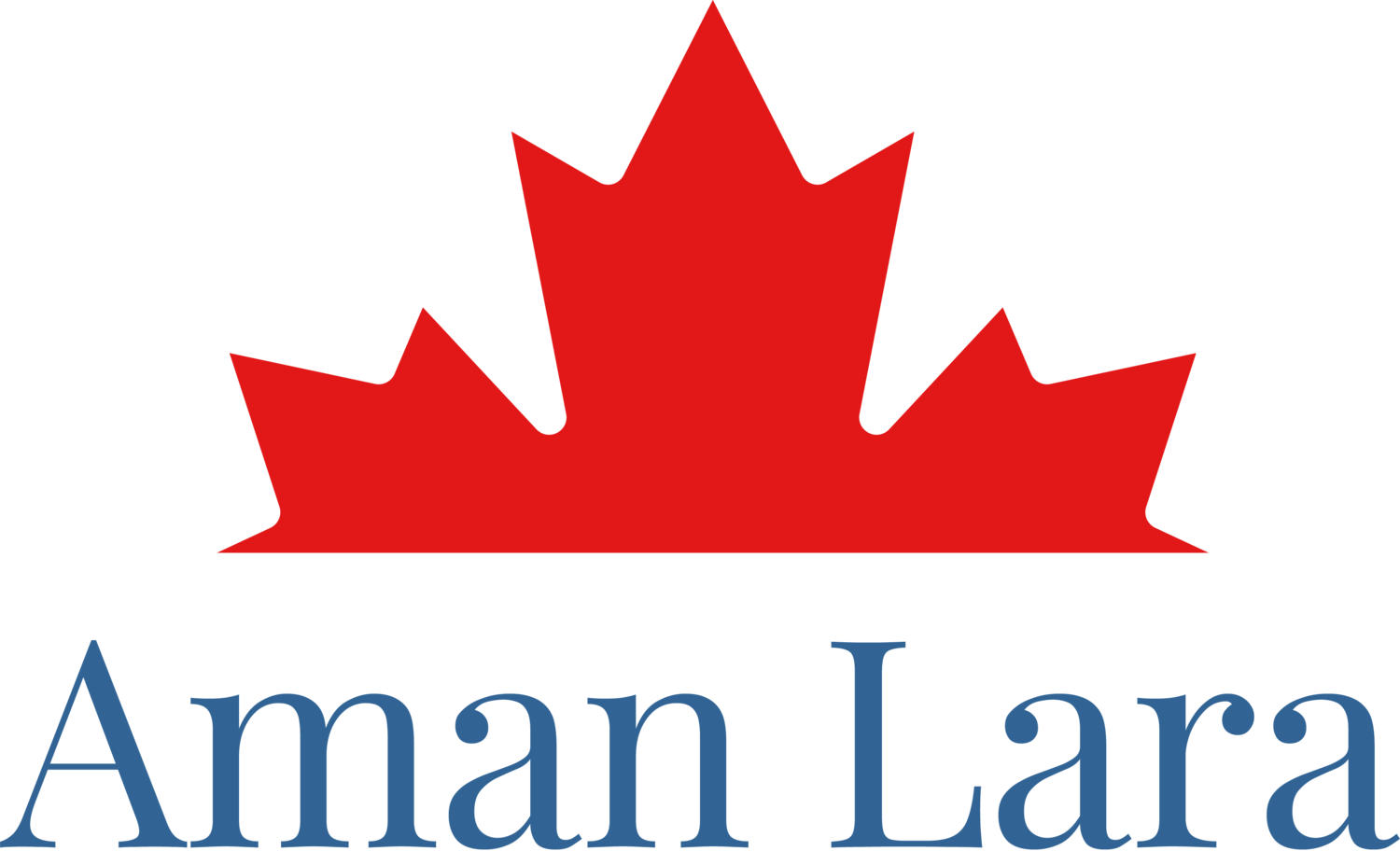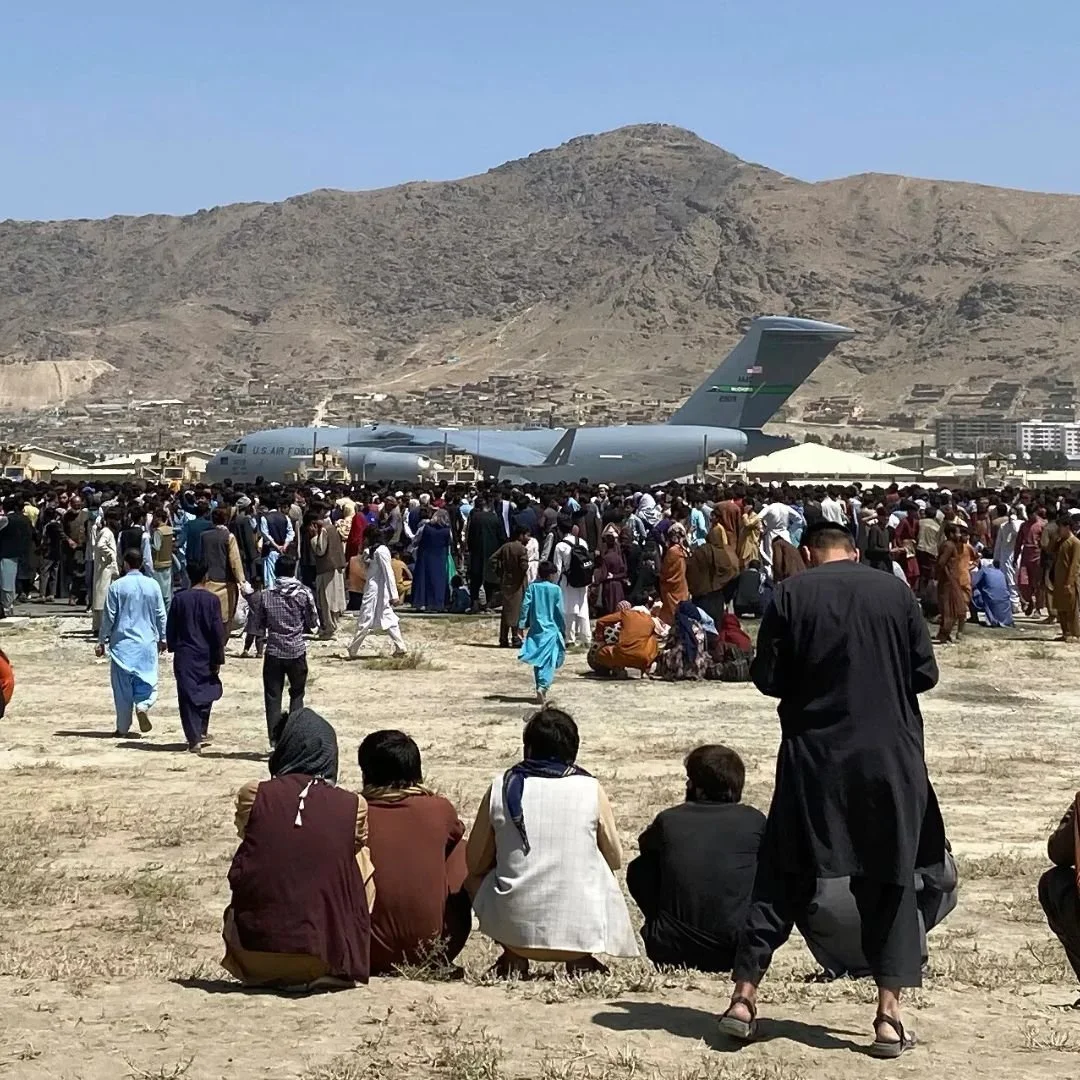A grim anniversary: Four years after Kabul’s fall, the need hasn’t gone away
by: Jon Feltham, Executive Director
August 15th marks a grim anniversary — four years since the fall of Kabul and the return of the Taliban to power. There is no reason to celebrate. But there are countless reasons to reflect, and to reaffirm our commitment to the values we claimed to defend. For those of us who worked alongside Canada and other Western missions, this date serves as a painful reminder of a promise unfulfilled, and of a country abandoned at a moment of profound need. Since that fateful day, a confluence of factors, including the Taliban’s institution of a repressive regime, dwindling humanitarian funding and the detrimental effects of climate change, has plunged the country into an endless cycle of economic, political and humanitarian crises.
In the days following the withdrawal, Western nations vowed they would not leave behind the Afghan allies who had supported their missions — interpreters, human rights defenders, media workers, and countless others who took significant personal risks to support democracy and peace. Yet four years on, thousands remain stranded, hunted, and in hiding, targeted precisely because of that service. Across Canada, the United States of America, the United Kingdom, Germany, Australia, Sweden, and other nations that had a presence in Afghanistan, there remain brave men and women who aided Western missions and who are now in peril as a direct result.
The fall of Kabul also marked the beginning of the institutionalization of gender apartheid in Afghanistan, a grim echo of Afghan women’s distress, fear and hopelessness as the Taliban marched on Kabul with a determination to erase women’s presence, voices, and participation in public life and undo the decades of progress made in favour of their education and fulfillment. Classrooms closed. Jobs lost. Voices silenced. The return of the Taliban signalled not just a political shift, but a full-scale erasure of women from public life. Alongside them, ethnic and religious minorities, LGBTQIA+ individuals, and anyone affiliated with the former government, Western institutions and governments, the media and civil society have become targets in a campaign of systematic repression.
The effects of climate change exacerbate every other hardship Afghans face. The country is enduring one of the worst droughts in decades, to the point where Kabul risks becoming the first city to run out of water. Four consecutive years of below-average rainfall have decimated crops, dried riverbeds, and driven millions to the brink of famine. In rural areas, families are selling their last livestock to survive, while in cities, millions are at risk of starvation and subsist on meagre sustenance like bread and tea. Climate change is not a distant threat here — it is a daily, grinding reality that compounds every other crisis. In this context, forcing Afghans to return is not only impractical, it defies reason and basic humanity.
Against this backdrop, millions of Afghans are at imminent risk of deportation from countries they once called home. They are dreading their return to a homeland where over half of the population relies on humanitarian aid to survive, and where struggling infrastructure, broken social services and a devastated economy delegitimize the Taliban’s ability to support the mass reintegration of Afghan refugees.
Meanwhile, a small but influential group of foreign social media personalities has travelled to Afghanistan, posting curated images of bustling markets, scenic landscapes, and smiling faces. These portrayals, often devoid of context, present a sanitized version of life under Taliban rule — a postcard that hides the prison walls. Behind the lens, women are erased from public life, dissent is met with violence, and minority communities live under constant threat. The truth cannot be captured in a tourist’s highlight reel.
Four years on, the story of Afghanistan is a story of broken promises to allies, to women and girls, to refugees, to ourselves. It is a collective failure of will and memory. Amidst dwindling humanitarian aid and geopolitical tensions, the Afghan refugee crisis has reached a breaking point. While the world’s attention has shifted to other pressing emergencies, Afghanistan’s enduring humanitarian tragedy continues to wreak havoc on millions. It is tempting to look away, to believe that the moment for action has passed. But it hasn’t. I hold onto the belief that decisive, strategic and coordinated actions can still save lives and uphold the dignity of Afghan refugees. This belief is what gave rise to Aman Lara.
Aman Lara: Keeping our promises, one life at a time
Born in the chaotic days after Kabul’s collapse, Aman Lara began as a volunteer-led initiative to help evacuate Afghans at immediate risk — those who had served Canada’s mission and were suddenly in grave danger. In the four years since, that work has grown into a lifeline. Over 7,000 people have been evacuated, with more than 5,800 now rebuilding their lives with hope, dignity and freedom in Canada.
In the face of growing needs and increasing funding cuts, Aman Lara’s commitment has not wavered. Through advocacy, we remain committed to forging a pathway to safety for over 3,000 Afghan allies who stood by Canada and believed in our mission and, despite promises of relocation, are left stranded in legal limbo and fear of reprisals across host countries. We have also been actively working on expanding pathways for at-risk Afghan refugees facing harrowing threats because of their ethnic backgrounds. We relentlessly champion the rights of Afghan women and members of the LGBTQIA+ community, embedding a trauma-informed and gender-sensitive lens in our operations to facilitate their emergency evacuations and enable their long-term integration into safe communities in Canada.
Our current priorities involve protecting two young Afghan women whose cases reflect the urgency of this moment. One is an 18-year-old Canadian girl who hasn’t called Canada home since she was 14. This young woman is facing forced marriage, prolonged isolation, and the loss of her right to education if she remains in Afghanistan, where she has been forcefully sent. The other, cast out for her gender identity, lives in hiding after being beaten and rejected by her own family. These are not isolated stories. They are emblematic of what is happening every day to Afghans who defy the norms of the Taliban’s draconian form of governance.
Through our Global Refugee Support and Safe Passage programming, Aman Lara is stepping in to fund their complete protection pathway. What matters is not only the donations received from our generous and compassionate community but also how they are deployed. We have built the systems, networks and expertise to meet complex needs in volatile contexts. Every donation we receive is carefully directed to maximize impact, and our impact is a direct reflection of our multisectoral and contextualized refugee response, which is essential to upholding the dignity of those fleeing persecution.
August 15th is not a day to mark with speeches or ceremonies. It is a day to remember the human cost of broken promises and a deadline for action before more lives are lost to silence and neglect. The need has not gone away. Families remain in hiding. Women remain silenced. Human rights remain under threat. And we, who stand for justice and human rights, still have work to do.
We cannot do it alone. But with your support, we can extend a lifeline to those left behind.

